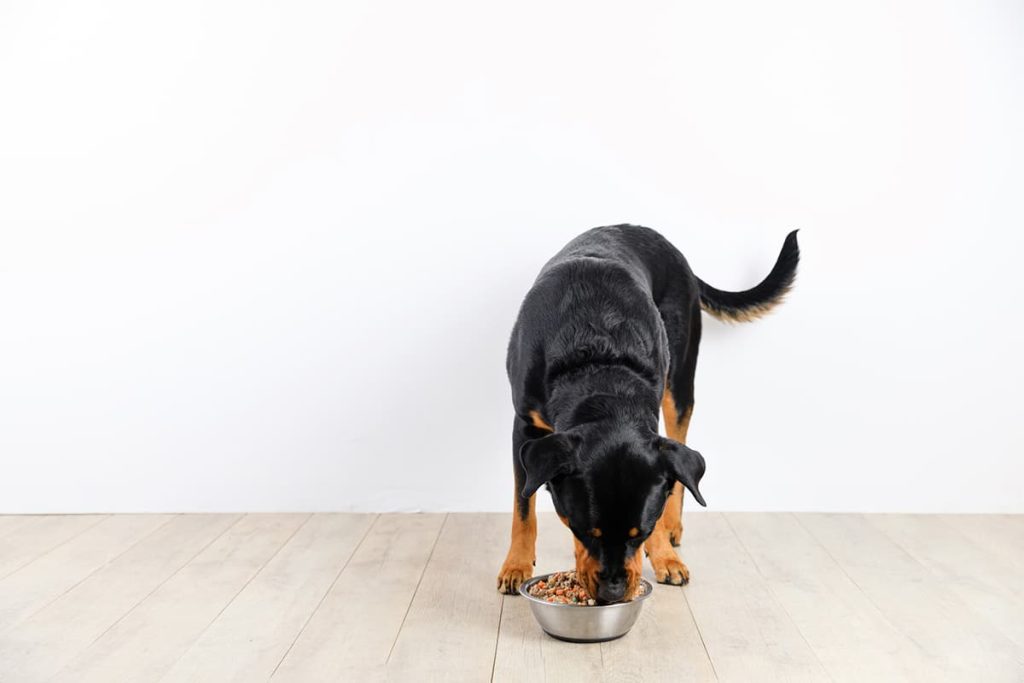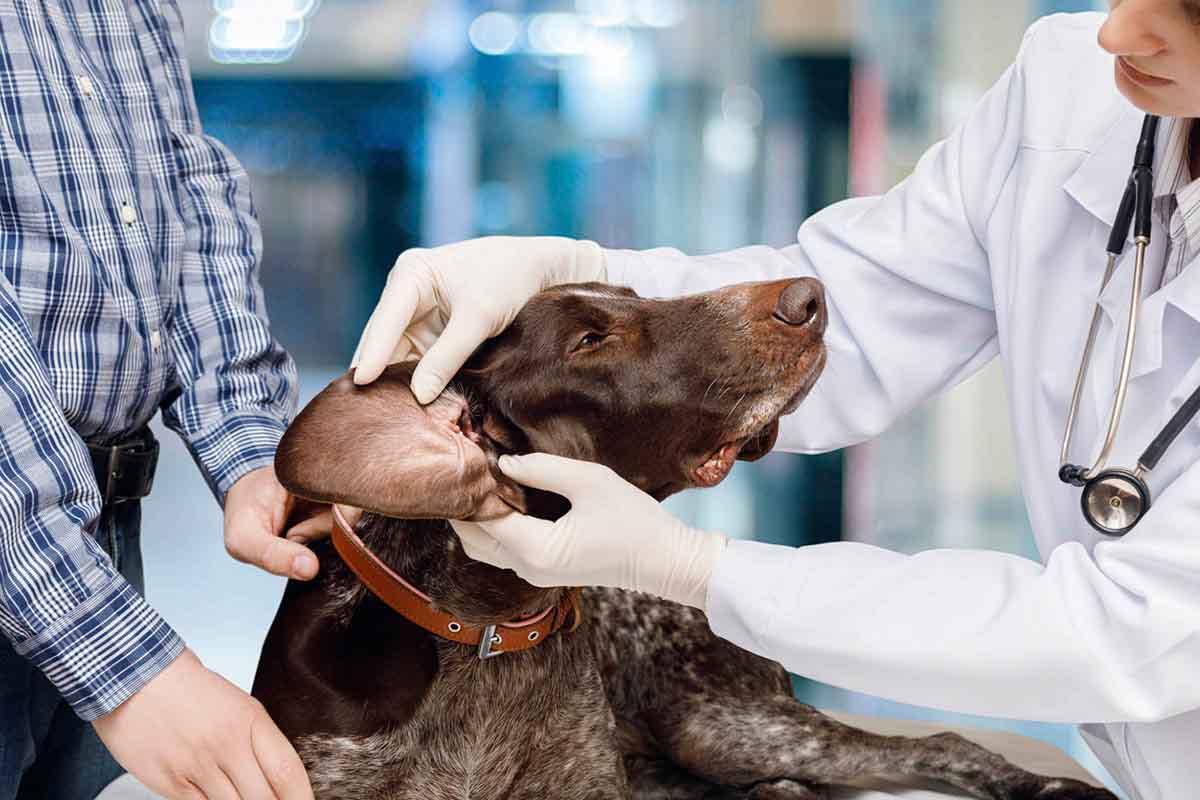How to Keep Your Dog Healthy
Six steps to a happier, healthier life for you and your dog.
What do veterinarians recommend most when they are asked how to keep my dog healthy? Most veterinarians agree that proper diet, regular exercise, routine checkups, and proper grooming—not to mention lots of love—will go a long way toward keeping your furry family member in tip-top shape.
1. Don’t “weigh-t” until it’s too late
Once you see that wagging tail or lip licking, it’s pretty easy to overfeed your four-legged friend. I mean, what’s the harm? Well, plenty, actually.
As with overweight humans, there is a long list of potential problems that an overweight dog might face, including arthritis and joint disease, high blood pressure, diabetes, decreased stamina, increased cancer risk, and depression. Maintaining a healthy weight is essential to a long and healthy life. In fact, a lifetime study of Labrador Retrievers found that even being moderately overweight could reduce canine life expectancy by nearly two years.
2. Exercise regularly

One great way to ensure that both you and your pup maintain a healthy body weight and have fun is to exercise together. Whether it’s a daily walk, playing fetch or Frisbee, or going for a run, exercise promotes both physical and mental health and is a great way to bond with your buddy. So the next time your best friend starts giving you the eye after dinner or brings you the leash, get up and get going. Neither of you will be sorry.
3. Visit the vet
An important part of keeping your dog healthy, taking him your dog to the veterinarian at least once a year. How to keep a puppy healthy or an older senior? Make sure to visit your vet twice a year when they are young or when they are old. A routine head-to-tail examination can uncover hidden health issues if they exist. Early diagnosis can improve the chances of successful treatment and is likely to be less expensive than waiting until an illness is more advanced.
4. Preventative care
Vaccinations, flea prevention, and routine deworming are typically a part of your dog’s annual physical exam. Regular vaccinations can keep your dog from getting serious and sometimes deadly diseases such as rabies, distemper, hepatitis, parvovirus, parainfluenza, and Lyme disease. Your vet will let you know if your dog is up to date on vaccinations.
5. Brush your dog’s teeth
Doggy dental hygiene is more important than you might think. Things like periodontal disease, mouth infections, and plaque and tartar buildup can lead to more than just bad breath. Bad canine dental health can also lead to serious problems, including heart, kidney, and liver disease. Regular brushing is recommended, and dog-friendly toothpaste in flavors like poultry and peanut butter makes things easier. There are plenty of resources out there to get you and your dog started on better oral hygiene—no matter what his or her age.
6. Prioritize nutrition

What you feed your dog, more than any other pet parenting decision will have the single greatest effect on your pup’s long-term health, happiness, and longevity.
Proper nutrition is essential for muscle tone, immunity, disease prevention, healthy digestion, and skin and coat health. Unfortunately, most traditional dog foods fall short when it comes to proper nutrition. Dry kibble and canned food—even those advertised and priced as premium—can be ultra processed and may include preservatives and feed-grade ingredients.
So how can you keep your dog healthy through his diet? Studies have shown that feeding dogs fresh whole-food meals using human-grade ingredients support their immune system and other markers of health when compared with kibble. Fortunately, there are now some great whole-food feeding alternatives for dogs.
The best answer to how to keep dog-healthy diets going over the long haul is to feed your pooch prepared whole-food daily meals that are nutritionally balanced for long-term feeding. You won’t be sorry. These tips don’t just work for our furry companions but also help us look at our own health choices. It may actually be our pets’ greatest gift to us!
This content is for informational use only and does not replace professional nutrition and/or medical advice, diagnosis, or treatment. It is not a substitute for and should not be relied upon for specific nutrition and/or medical recommendations. Please talk with your veterinarian about any questions or concerns.









